The Rooster
_and_Hugo_Weaving_(Mit)_in_THE_ROOSTER_2538_photo_credit_Sarah_Enticknap.jpg)
While it is set in the remote bushland of Victoria’s Macedon Ranges, The Rooster is hardly a quiet or peaceful film. The cacophonic soundtrack opens with a chorus of crickets accompanying the title credits and a haunting first image. We soon hear recurring, ironic snippets of Verdi, Bach, Vivaldi, and Puccini on a car radio, jazz interludes from Miles Davis and Pharaoh Sanders blasting from a secluded shack, and the cathartic yells of the film’s two principals as they crow cock-like into the tree-lined void. Whenever silence looms, the calls of kookaburras and bell birds take centre stage, or a surreal bushwalking church choir chimes in, allowing only brief moments of respite. Even the film’s eerie, rhythmic vocal score, by composer Stefan Gregory, resembles the iconic pobblebonk frogs audible in some of the film’s night-time scenes. Like its animal namesake, The Rooster boasts a soundscape that cuts through the familiar calm of the Australian bush.
Continue reading for only $10 per month. Subscribe and gain full access to Australian Book Review. Already a subscriber? Sign in. If you need assistance, feel free to contact us.




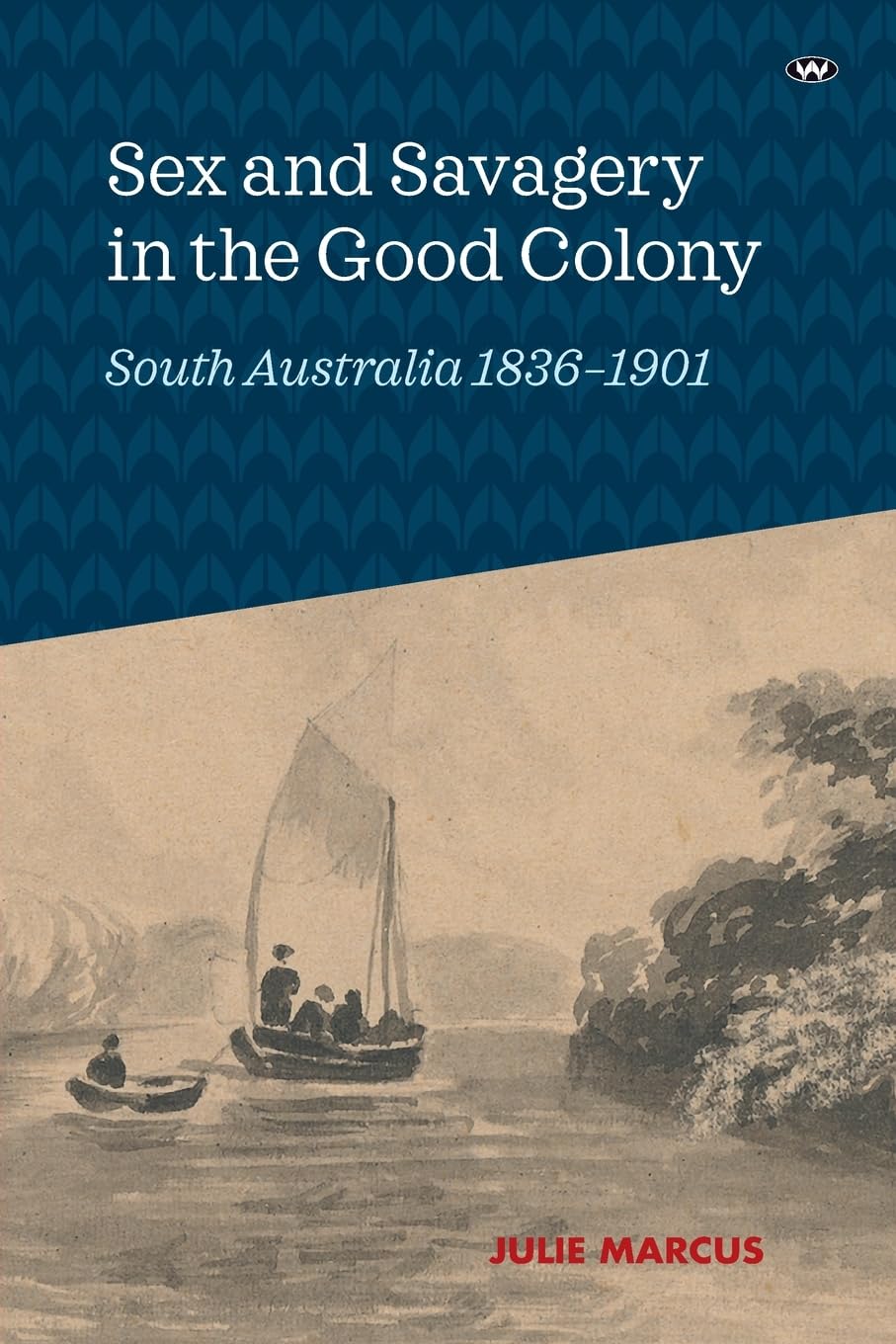


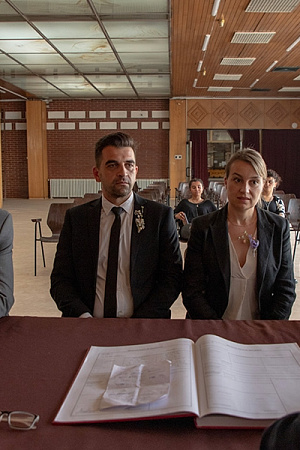
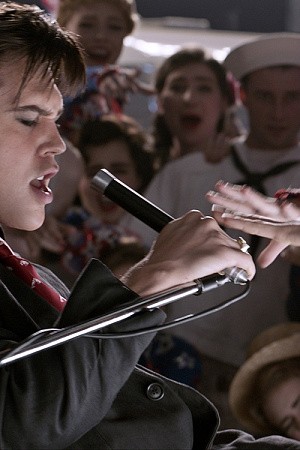
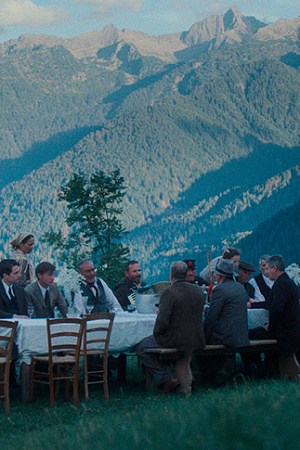
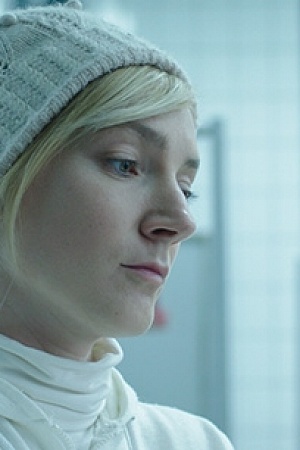
Comment (1)
Leave a comment
If you are an ABR subscriber, you will need to sign in to post a comment.
If you have forgotten your sign in details, or if you receive an error message when trying to submit your comment, please email your comment (and the name of the article to which it relates) to ABR Comments. We will review your comment and, subject to approval, we will post it under your name.
Please note that all comments must be approved by ABR and comply with our Terms & Conditions.